Using multiplication table games is a great way to help your child to learn multiplication facts
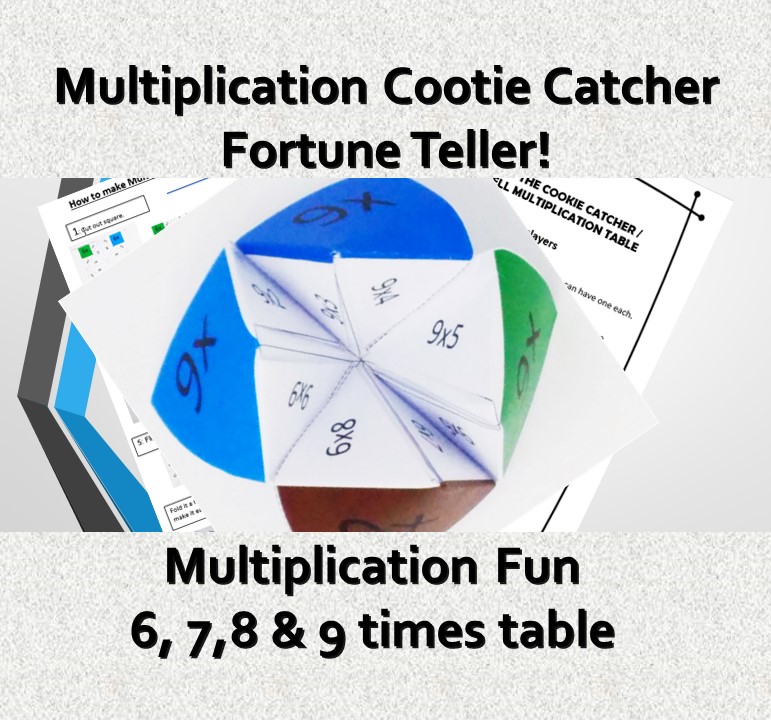
Sometimes adults feel that they are unable to help their child with multiplication activities because they believe they themselves are not good at the subject. I don’t believe this is the case. Often it is the negative experience of learning maths that is to blame and not the mathematical ability. Maths is based on concepts and rules that have to be learned and this is a continual learning process. A rule learned previously will generally determine how to solve a different problem in another area. Thus, because maths is sequential, if some areas are misunderstood or not taught, then it is at least difficult, if not impossible, to progress.
Find out which times tables your child should know and at what age they should know them.
Cootie catcher is a great way to reinforce the times tables. Easy to make multiplication table game.
Why not make a times tables wrist band?
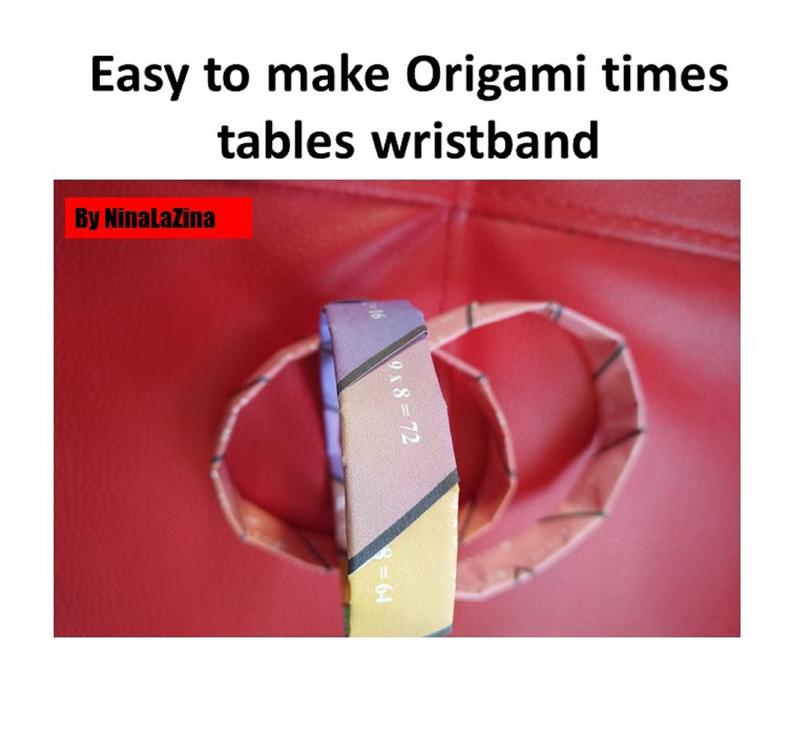
That said, I cannot see any reason why a parent should be unable to help and guide their child learn the multiplication tables. Frequently the work done at home is far more valuable than that which is done in a classroom with over 25 students – even if the parent is not a qualified teacher. By using different types of multiplication activities parents/care givers can help children to learn the multiplication tables. And if you do not know the multiplication tables yourself, you can learn together – no fuss!
Use the different types of multiplication table games to help your child with learning the multiplication facts from songs to online multiplication games
Take your time, breaking each area down into smaller parts. Make sure your child has plenty of opportunity to practise so that he/she completely understands before tackling another area. Resources to help with reaching these targets can be found online and even within your home. It helps to make maths interactive and fun – you can do this with games, board games and manipulation of numbers. You can also include multiplication each day. A little and often is better than, 1 hour and then nothing. Here is a list of things you can do to help with multiplication:
- Online multiplication games
- Multiplication worksheets
- Board games multiplication
- Multiplication game packs
- Packs targeted at each timetable group
Printable multiplication flash cards
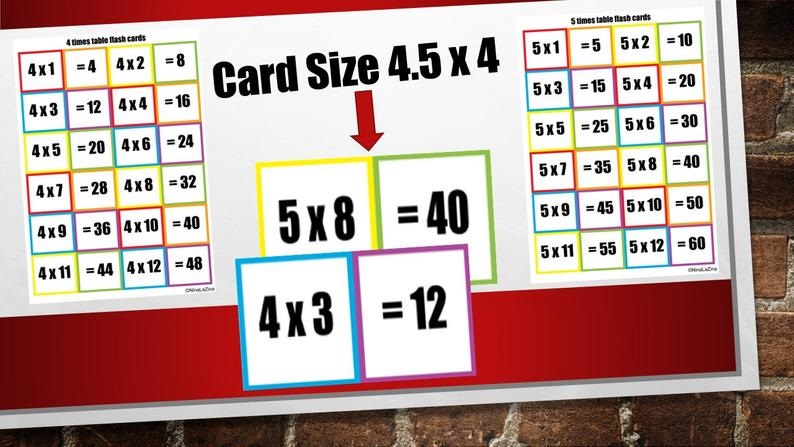
Once children start to understand the times tables, then multiplication flash cards are a great way to help them to remember them. There are so many activities you can do with multiplication flash cards. You can play snap, find the correct number and much more.
Here are my inexpensive printable version of flash cards that can be used in so many ways.
Connecting cubes will help children make patterns, count and solve multiplication problems. Make good multiplication table games.
You can buy cubes to help with multiplication and get your child to make ‘sticks’ of numbers; for example, if they are learning their 5 times table, they will need to make a stick of 5, one of 10,15, 20 and so on. They can select the correct stick as they count in fives. A visual representation of the numbers will help to understand and rationalize the multiplication tables.
Cubes Help with Multiplication TablesI once read that maths cannot be taught – it must be learned and I agree with this

You need to give a child the environment and conditions to make mistakes and play with numbers. In addition, if you teach children multiplication tricks, they start to find maths more of an interesting challenge than a chore. We often teach and test, which I think is wrong. Children need a chance to explore and understand the multiplication tables in their own time and way.
At school children are sometimes taught new methods of working out, for instance ‘chunking’, which many adults find difficult to understand. It does not matter if you are unable to get your head around this – what does matter is that your child knows basic addition, subtraction, multiplication, and division, which will enable them to learn the methods being taught at school. Children also need time and support to learn key maths facts, and if you can help them to do this, then the other methods they learn at school will follow more easily.
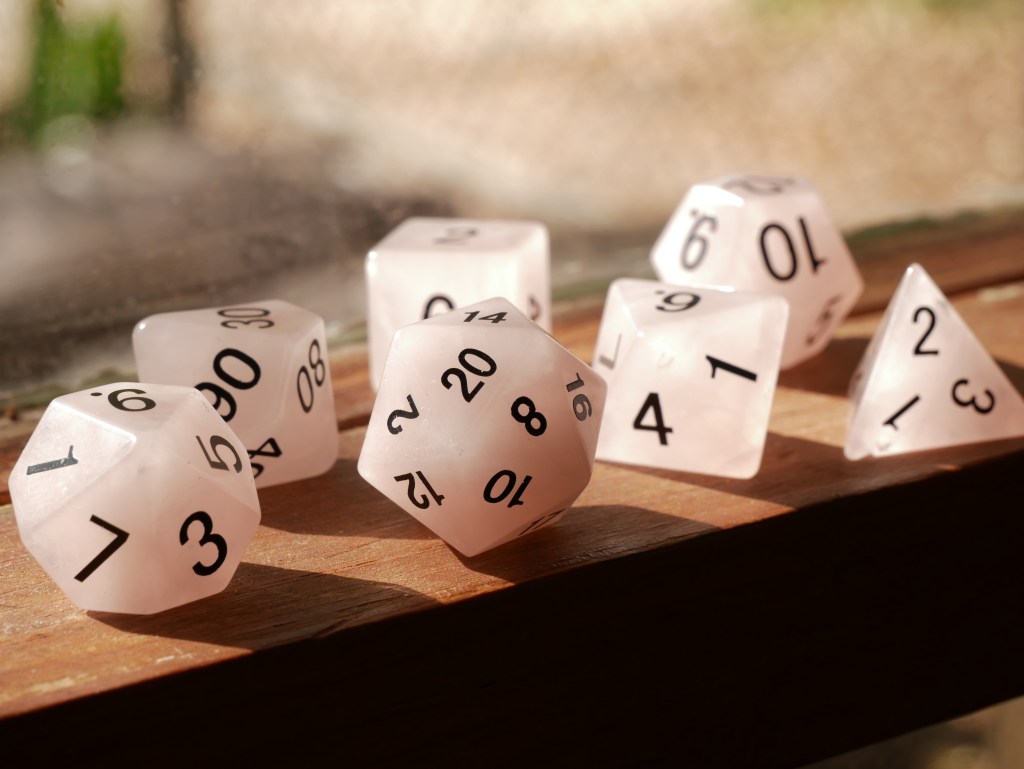
Use dice to help with maths. Children love to throw and count dice. It is a good way to get them to engage. Here are a selection of dice that you can write on and use to learn the multiplication tables:
Multiplication Tables Maths DiceThese can easily be turned into multiplication table dice, additionally they can be used for other maths operations like subtraction or addition.
Why not try my free printable multiplication dice game, for one or two players.
Teach your child basic maths facts along with the multiplications tables
For instance, odd and even numbers and the difference between them. Patterns can also be created using different numbers of dots or shapes, of which some are symmetrical, which can help a child recognize the properties of numbers. Make certain they know their multiplication tables, give them lots of multiplication table games as well as number bonds to 10, 20, 100 and 1,000.
What is a number bond? For example, number bonds to 10 would be – pairs of numbers that, when added together, give the number 10. They can also be called ‘number pairs‘ or ‘number partners‘. Examples are 1 & 9, 7 & 3 and 5 & 5.
Knowledge of addition and subtraction facts are also important, for example knowing that 4 + 4 is 8, without having to count it, or that 7 + 3 is 10 and so on. Your child should come to know this automatically in the same way they know their own name.
The maths professor can also be helpful for parents. He offers podcasts which help parents teach maths.
Lastly, always have fun and enjoy the multiplication table activities along with them. Those who learn together, stay happy and smiley together!


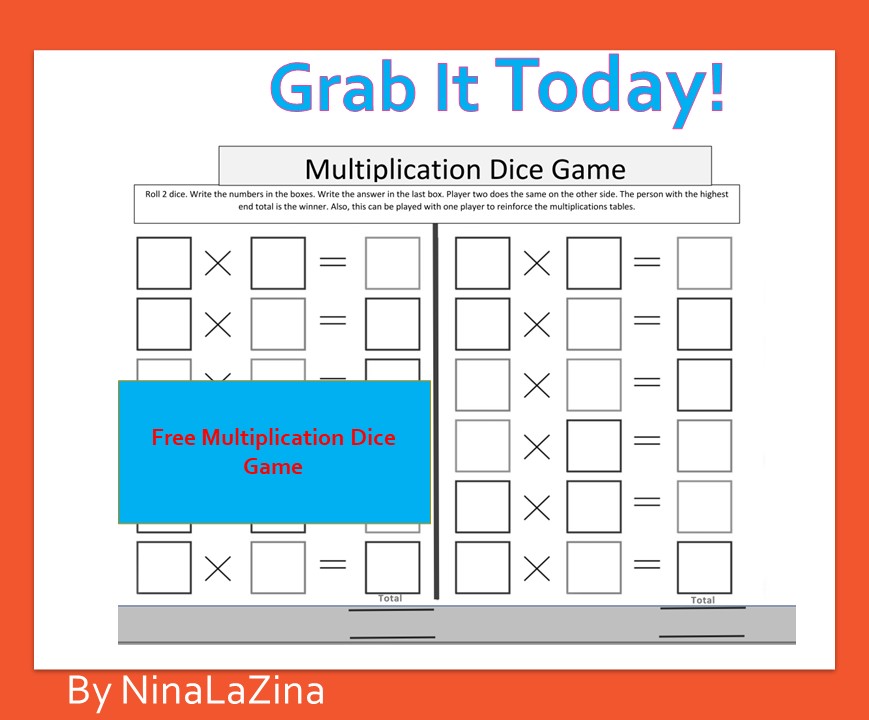
[…] How to help your child learn the multiplication tables using games and activities […]
LikeLike
[…] love chanting and singing songs so this is a great way to learn the six times […]
LikeLike
[…] Read about different activities and resources to help here. […]
LikeLike
[…] 3: Children have a great sense of achievement when participating in art activities. However, children are still learning the multiplication tables. Additionally, children also love the idea that at the end of the activity they have something concrete to show. A physical picture that can be represented on the wall of the classroom or in the home. Get more inspirations for teaching the multiplication tables. […]
LikeLike